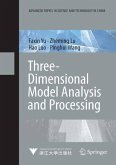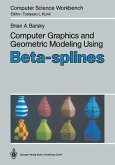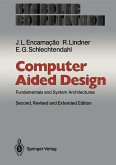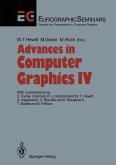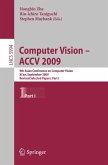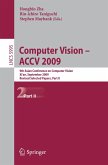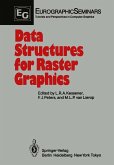The purpose of computer vision is to make computers capable of understanding environments from visual information. Computer vision has been an interesting theme in the field of artificial intelligence. It involves a variety of intelligent information processing: both pattern processing for extraction of meaningful symbols from visual information and symbol processing for determining what the symbols represent. The term "3D computer vision" is used if visual information has to be interpreted as three-dimensional scenes. 3D computer vision is more challenging because objects are seen from limited directions and some objects are occluded by others. In 1980, the author wrote a book "Computer Vision" in Japanese to introduce an interesting new approach to visual information processing developed so far. Since then computer vision has made remarkable progress: various rangefinders have become available, new methods have been developed to obtain 3D informa tion, knowledge representation frameworks have been proposed, geometric models which were developed in CAD/CAM have been used for computer vision, and so on. The progress in computer vision technology has made it possible to understand more complex 3 D scenes. There is an increasing demand for 3D computer vision. In factories, for example, automatic assembly and inspection can be realized with fewer con straints than conventional ones which employ two-dimensional computer vision.
Dieser Download kann aus rechtlichen Gründen nur mit Rechnungsadresse in A, B, BG, CY, CZ, D, DK, EW, E, FIN, F, GR, HR, H, IRL, I, LT, L, LR, M, NL, PL, P, R, S, SLO, SK ausgeliefert werden.



